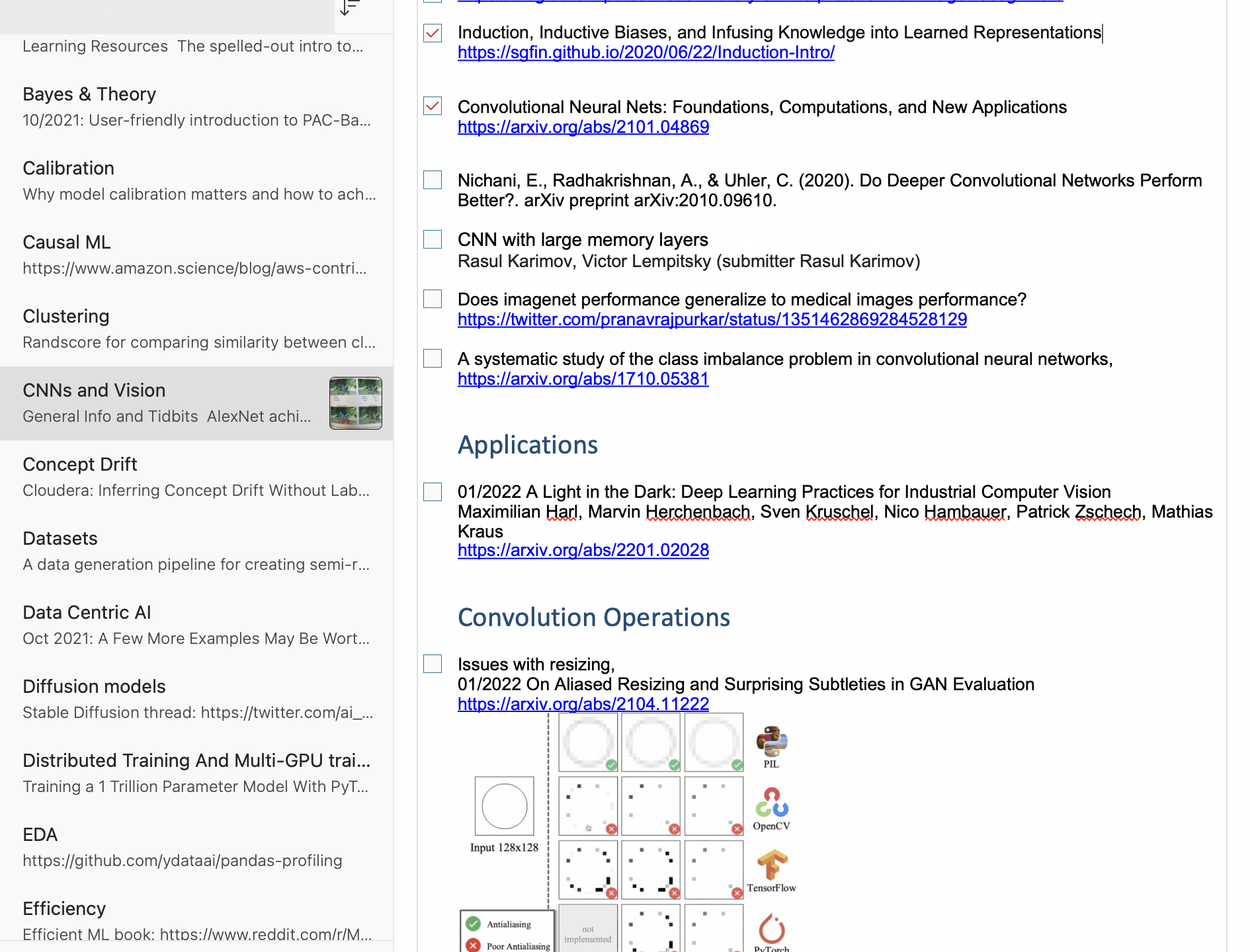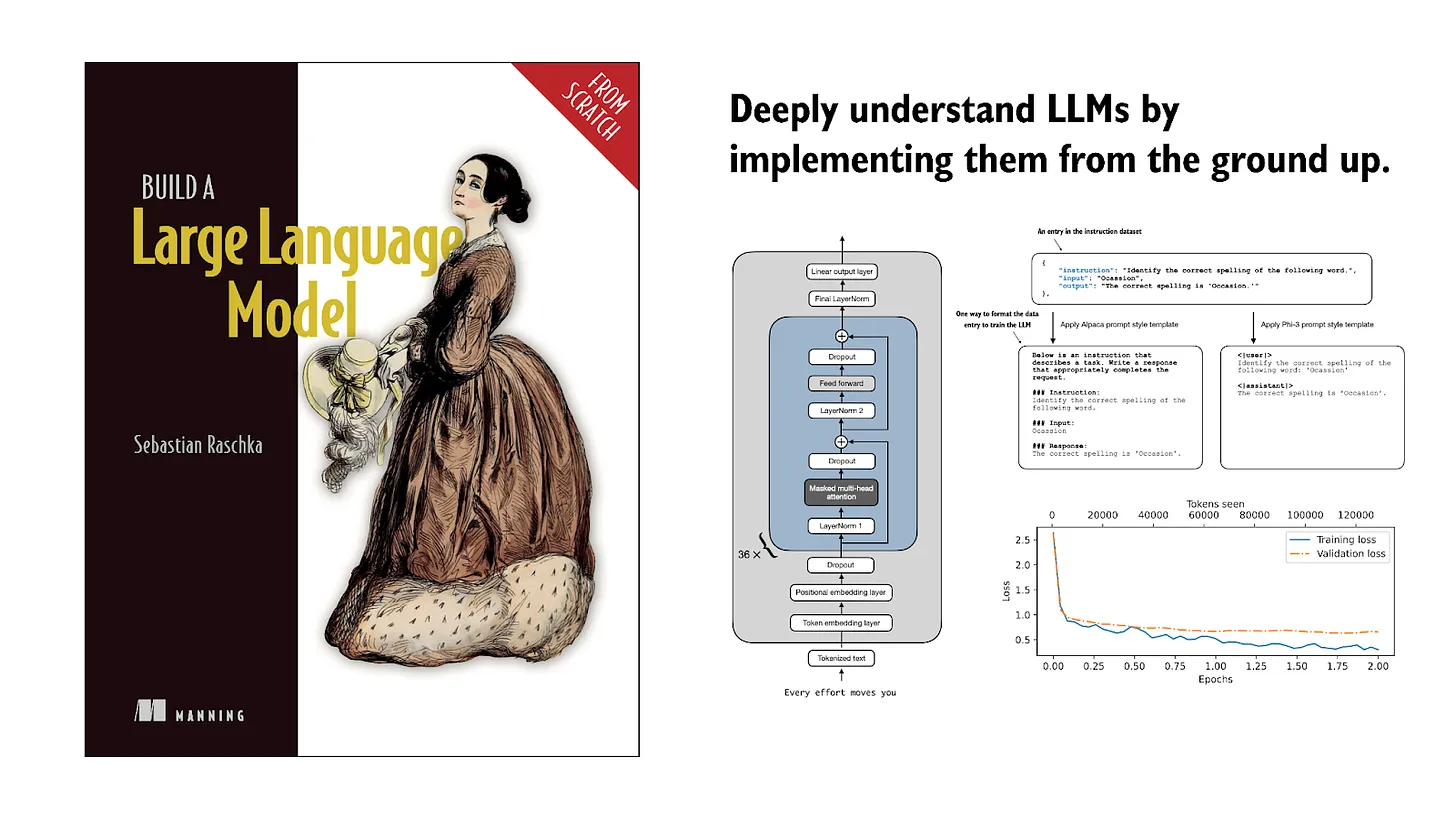Keeping Up With AI Research And News
When it comes to productivity workflows, there are a lot of things I’d love to share. However, the one topic many people ask me about is how I keep up with machine learning & AI at large and how I find interesting papers.
(I originally wrote about this in Ahead of AI #2, but since it continues to be such a popular question, I decided to turn it into a standalone post for easier referencing.)
From 2018-2021, I served as a moderator for the machine learning category on arXiv. Several times a week, I read the titles of the 100-300 machine learning manuscripts uploaded daily. I can tell you the problem is not finding interesting papers but how to avoid getting distracted – how to prioritize and manage your time.
The internet is amazing. There is so much cool stuff out there. But the bitter truth is we can’t consume it all. This is particularly true for the machine learning field, which is moving too fast and has way too many interesting subcategories: Activation functions, autoML, calibration, causal inference, CNN architectures …
How I avoid the fear of missing out is to make lists. I have a list of each major category that I find interesting. And there are a lot of categories that are interesting!

In each list, I collect interesting books, research articles, blog posts, videos, Reddit discussions, and sometimes even Twitter threads. Do I read it all? No, keeping up with that would be a full-time job. And I only capture some of the interesting stuff. Typically, I only focus on resources that can help me learn something new (as opposed to building a broad knowledge base and recreating a personal Wikipedia).
Then, I pick out a handful of resources I want to read throughout the week (having a weekly review routine is a topic for another time). Doing this, I realize that 95% of the stuff I captured is not that important (versus some higher priority stuff related to your current project). So, ignoring resources doesn’t mean you were lazy or missing out, but that we are defining your priorities and doing the most important stuff. (And hey, keeping these lists is often helpful, sometimes they are very convenient for a writing or research project!)
What are some resources that I use and check?
- I have Google Scholar keyword alerts (e.g., for the deep tabular methods I got recently interested in and several others)
- Papers with code
- I get most of my ML news from following the right people on Twitter
- There are also some newsletters that I really like (e.g., Import AI, The Batch)
- I sometimes (but rarely) check the ML subreddit
PS: In the screenshot above, you may have noticed that I use OneNote for these lists. Why OneNote? Like in many contexts, the tool doesn’t matter; it’s more about the habit and the workflow. I just adopted OneNote for this purpose since it’s frictionless for copy & paste (Markdown always requires an extra step for saving and inserting screenshots). Plus, it syncs across devices – a nice thing when you are at your favorite tea shop or coffee house and want to look something up in a heated discussion. Of course, there are a lot of other tools out there that work equally well or have different trade-offs. But again, the tool doesn’t really matter. Just choose what works for you.
PPS: I have a more detailed section on how to read research papers in Ahead of AI #6.

If you read the book and have a few minutes to spare, I'd really appreciate a brief review. It helps us authors a lot!
Your support means a great deal! Thank you!